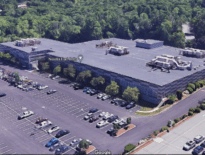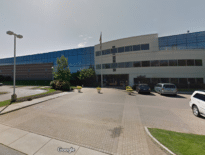
Average rents rose 5 percent in the past 12 months to $4,366 at The Hub50House on Causeway Street in Boston, according to developer Boston Properties.
Greater Boston’s apartment market has the highest rent increases among the 30 largest metro areas in the U.S., reflecting increases in both the high-end and “rent-by-necessity” categories.
Asking rents in Greater Boston rose 1.1 percent in April, researchers Yardi Matrix reported, compared with the national average of 0.7 percent.
A strong job market, internal migration to the South and West and demand from immigrants is fueling strong demand for apartments throughout the U.S, according to the Yardi report.
Even coastal cities such as New York and San Francisco that have had population loss since COVID have recorded positive absorption over the last two years. New York topped all 30 metros tracked in the report in year-over-year rent growth, at 4.6 percent.
“Demand is not limited by region or market size: it is widespread across the country,” Yardi researchers wrote in the April apartment report.
On the national level, average asking rents increased $6 to $1,725, representing 0.7 percent year-over-year growth. The current figure is just $2 below the all-time record of $1,727 set in mid-2023.
A separate report released this week by online listings service Apartment List showed that Lowell had the highest asking rent growth among 12 Greater Boston communities, up 6 percent in the previous year to $1,723.
Cambridge remains the most expensive local apartment market. Average rents have risen 0.1 percent over the past year to $2,645 for a 1-bedroom apartment and $3,204 for a 2-bedroom unit.
Chicago-based Equity Residential reported last week that average rents hit $3,557 during the first quarter in its Greater Boston portfolio of more than 7,000 apartments. The figure represents a 4.6-percent year-over-year increase.








